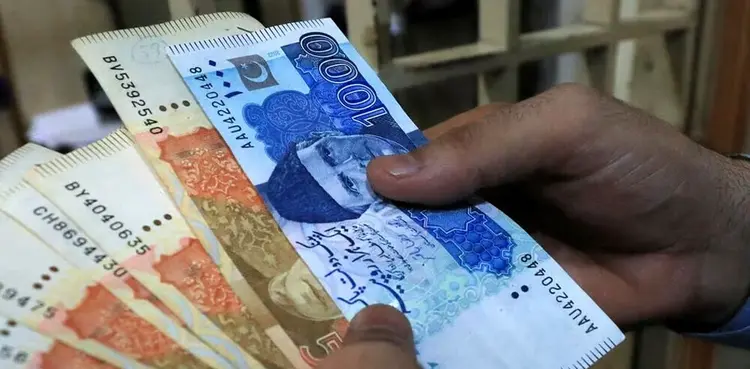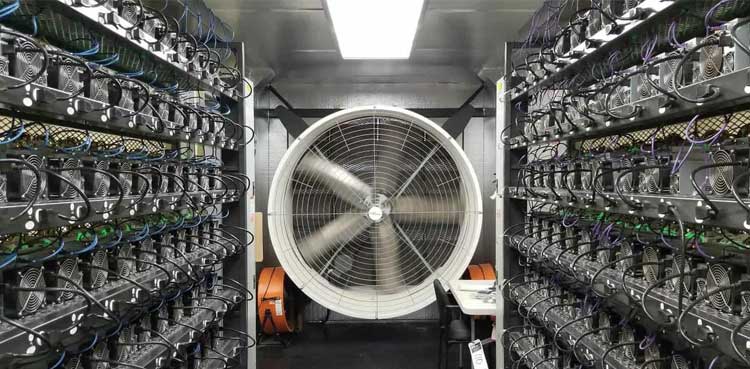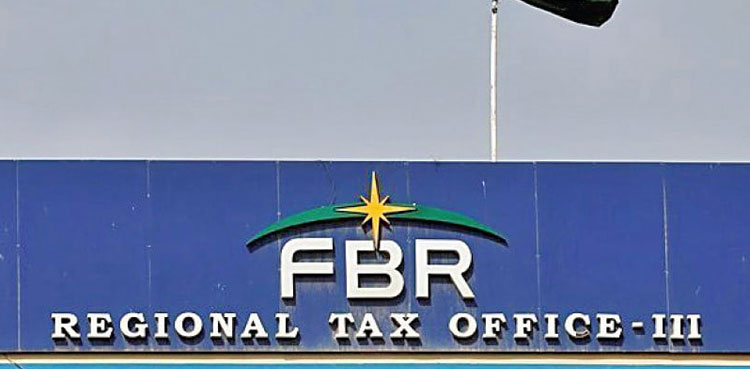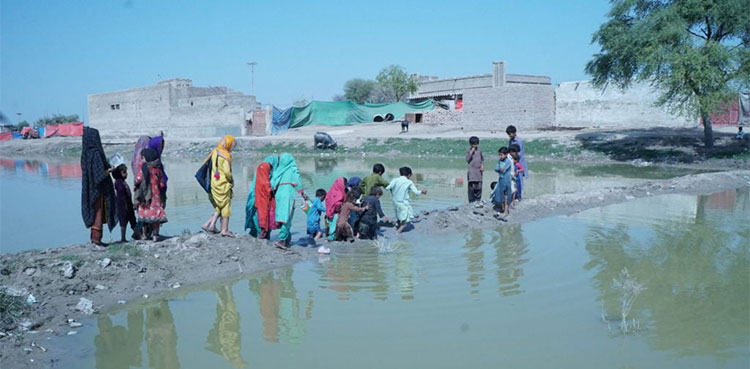In a major development during ongoing budget negotiations between Pakistan and the International Monetary Fund (IMF), the Fund has agreed to provide income tax relief to the salaried class, ARY News reported on Tuesday, citing sources.
According to official sources, the IMF is now willing to reduce income tax rates across all salary slabs.
Sources revealed that the relief will be granted through amendments to Section 129 of the Income Tax Ordinance, which governs exemptions and concessions.
One of the major changes under discussion includes raising the annual tax-free income threshold from the current Rs600,000 to Rs1 million.
This would mean monthly salaries up to Rs83,000 will become tax-exempt — a substantial increase from the current Rs50,000 exemption limit.
Under the proposed revisions, the income tax rate on a monthly salary of Rs100,000 may be halved from 5% to 2.5%. Similarly, for a salary of Rs183,000, the tax rate may be reduced from 15% to 12.5%.
Read more: IMF proposes diesel, petrol price hike for cash purchases
Employees earning Rs267,000 per month could see their tax rate decrease from 25% to 22.5%.
Moreover, for monthly salaries up to Rs333,000, the proposed rate may be lowered from 30% to 27.5%, while those earning above that amount could face a reduced maximum rate of 32.5%, down from the current 35%.
In another key development, the IMF has also acknowledged Pakistan’s defence priorities. According to sources close to the negotiations, the Pakistani government maintained that the country could not afford to delay essential defence expenditures.
The IMF has reportedly agreed to allow necessary increases in the defence budget, marking a crucial concession in Pakistan’s favour as both sides finalize fiscal plans for the upcoming year.








